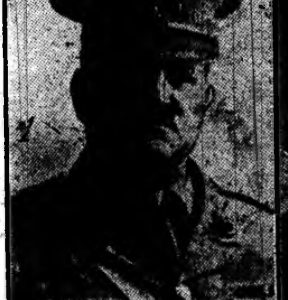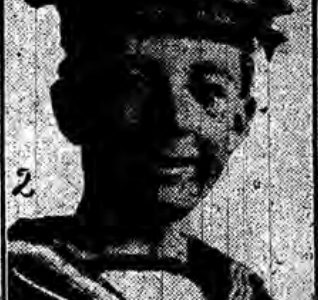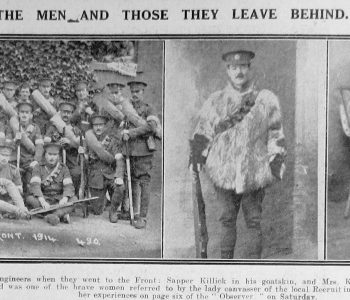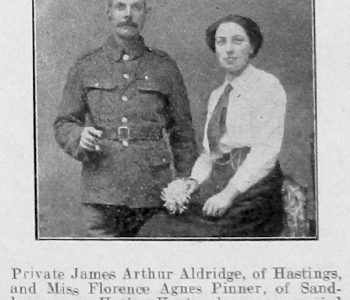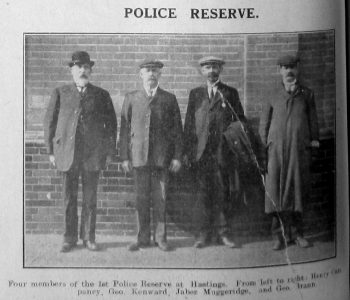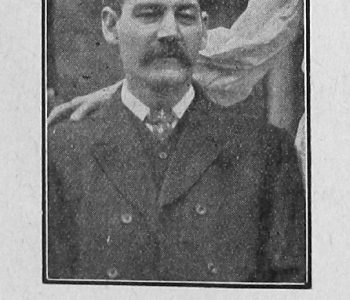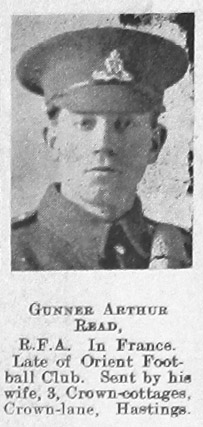 Army
Army
Read, Arthur E
Arthur E Read
Rank: Gunner
Regiment: 125th Battery, 29th Brigade, Royal Field Artillery
Parents: Mr Nelson & Mrs Elizabeth Read
Wife: Mrs Read
Address: 3 Crown Cottages, Hastings & 20 Scriven’s Buildings, Hastings
Other Info: Late of Orient Football Club.
An article published in the Hastings & St Leonards Observer on 2nd September reads: “On August 6th Gunner Arthur Read, R.F.A. was killed in action after having been at the Front 14 months. He was 27 years of age, and leaves a widow and two children, who live at 20 Scriven’s Buildings, Hastings.
The Captain of the Battalion in which deceased was serving, writing to the widow, says: ‘He was killed at 8:30am. His battery was being heavily shelled, and Gunner Read was, with other men of his detachment, in their dug out. A shell burst about five yards away, and a piece came in at the entrance of the dug out, and hit him on his left side, penetrating to the heart, death being instantaneous.
He was buried in the evening in the English military cemetery, where the grave will be looked after and kept up. The body was covered with a Union Jack, and the Chaplain officiated. All the gunners of the battery were present, and the men of the deceased detachment acted as his bearers.
He had made many friends, but quite apart from that his loss is a serious one, as he was a first class layer, and would have in time become a non-commissioned officer”.
According to CWGC, Arthur is remembered at Ferme-Olivier Cemetery, grave reference Plot 1, Row C, Grave 1.
Published: September 1915 & September 1916
Please use the comments box below if you can provide more information about this person.







